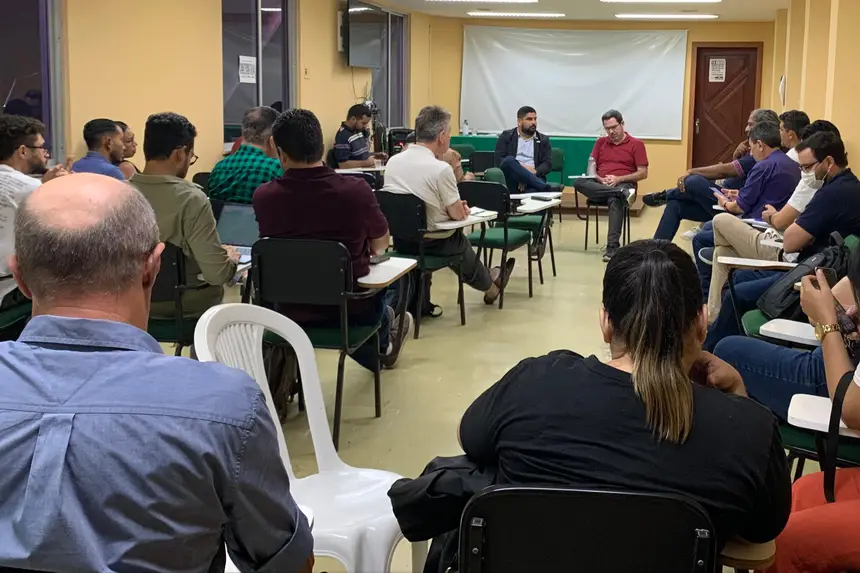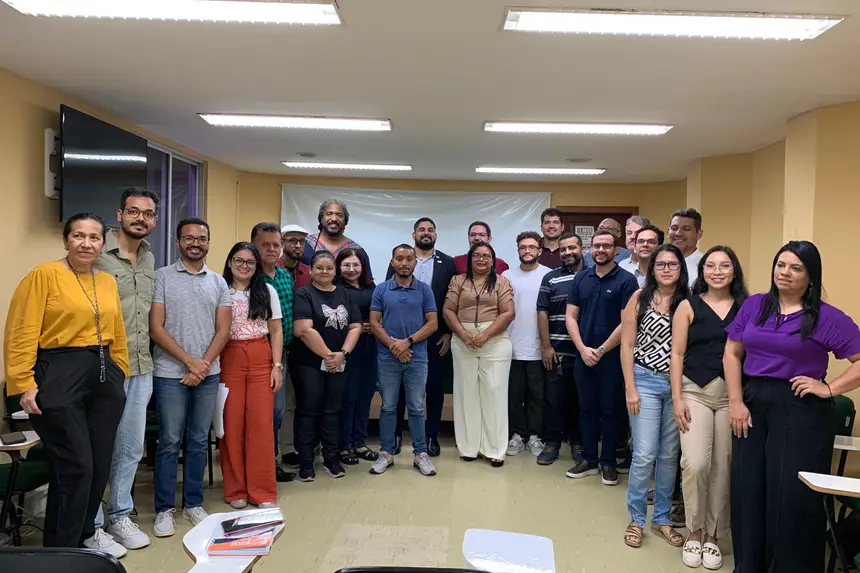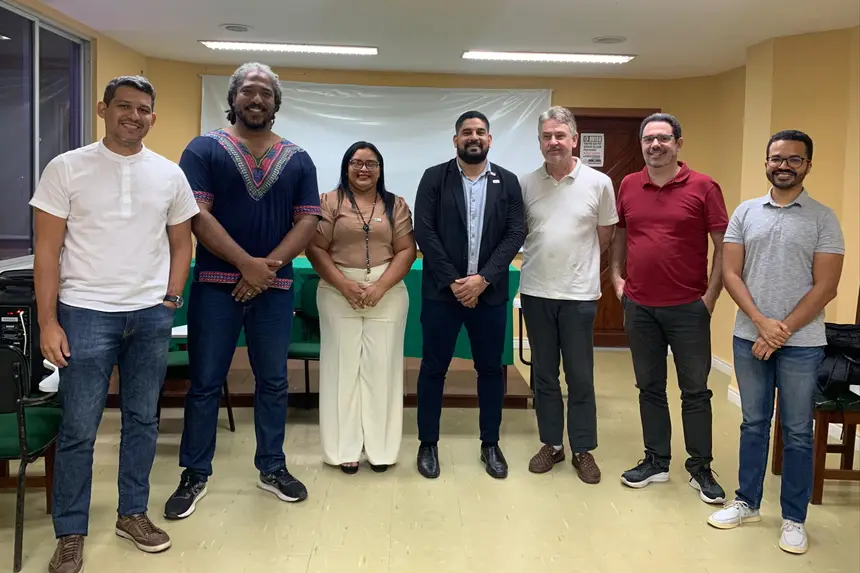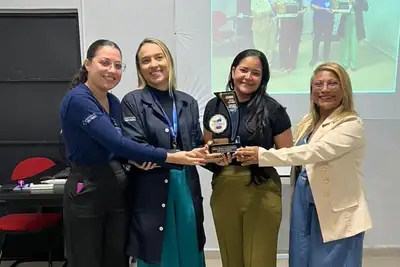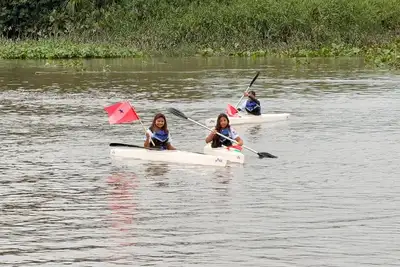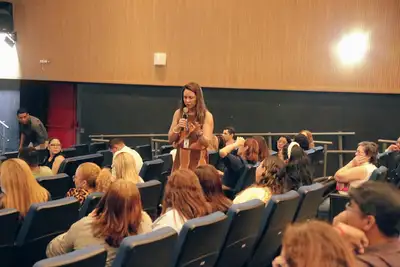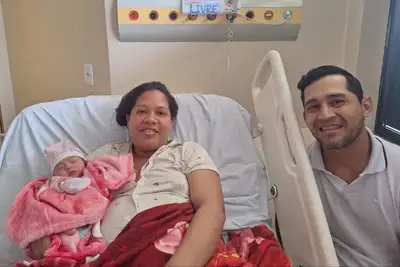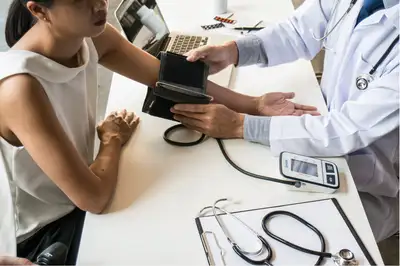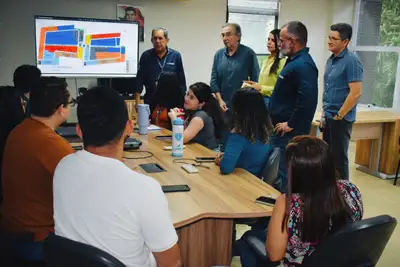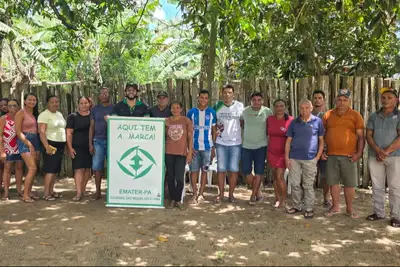III Seminar of the Pará Network of Regional Accounts and Bioeconomy consolidates advances and strategies for sustainable development
Event brought together researchers and managers in Belém to discuss productive chains, methodologies, and proposals for strengthening the bioeconomy in Pará
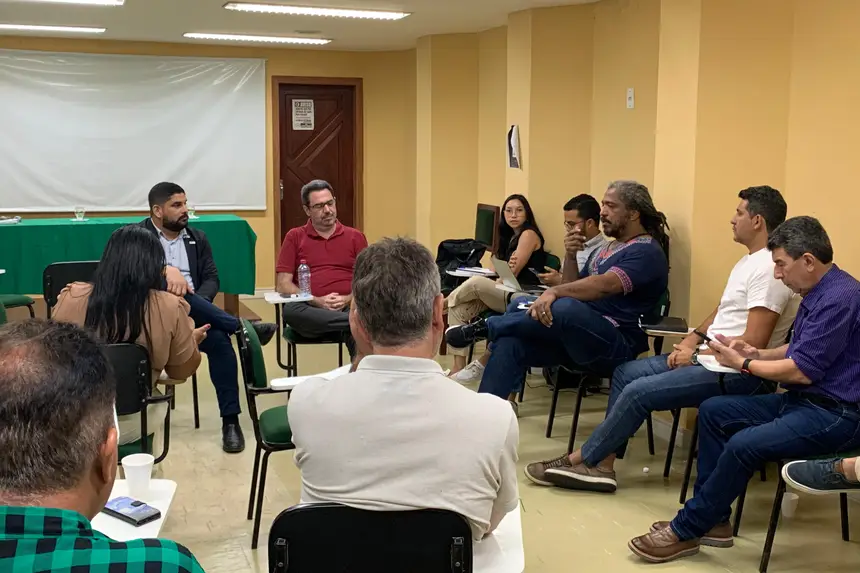
The Amazon Foundation for Support to Studies and Research (Fapespa), in partnership with the Federal University of Southern and Southeastern Pará (Unifesspa), the Federal University of Western Pará (Ufopa), and the Federal University of Pará (UFPA), held the III Seminar of the Pará Network of Regional Accounts and Bioeconomy in Belém from August 19 to 21. During the meeting, researchers debated data and perspectives on different productive chains of the bioeconomy, such as Brazil nuts and açaí, methodological aspects, and socioeconomic impacts related to regional chains.
The event brought together researchers from Belém, Marabá, Santarém, Maranhão, and Germany, managers, and institutional representatives to discuss science-based development strategies and bioeconomy, and concluded with a plenary session dedicated to consolidating the results presented throughout the meeting. This occasion also included discussions on preliminary results that will compose a report to be sent to Fapespa for later dissemination. The closing marked the collective synthesis of the work and the preparation of the final products of the seminar, reinforcing the importance of integrating knowledge in building diagnoses and proposals for strengthening the regional bioeconomy.
“I want to congratulate the work being done, especially for the feedback and the constant meetings that bring governance proposals and strengthen our actions. We have gained another tool to show that science is the basis for planning and development. It will not be possible to achieve the proposed objectives without science having access to organized information and structured proposals,” highlighted Deyvison Medrado, acting president of Fapespa.
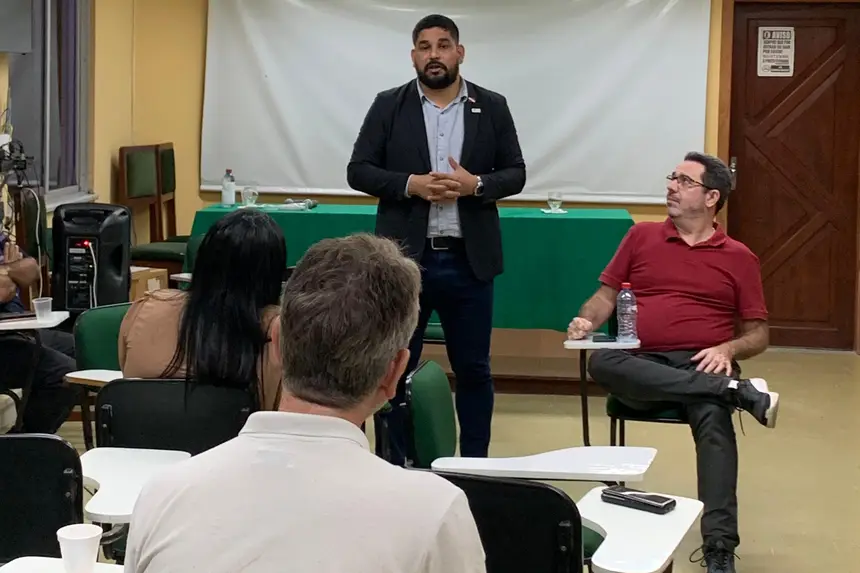
Integration - The seminar promoted a cycle of plenary sessions dedicated to presenting studies, feedback, and debates on the Pará bioeconomy and its measurement methodologies. On the first day, among the instruments discussed, the Subproduct Matrix of the Resources and Uses Table (TRU) was highlighted, which shows how different goods and services are employed in the economy. The Alpha accounts, in turn, detail production by activity branch, allowing for a more precise understanding of the interdependencies between sectors and the origin of products in each of them.
Professor and coordinator of the SBDiversity Bioeconomy Laboratory at Ufopa, Luiz Gonzaga Feijão, pointed out the tools used for data collection. "The research is both quantitative and qualitative. For example, in the case of Brazil nuts, we identified a relatively large production number, marketed by three major intermediaries. The same happens with cumaru. Thus, we are accumulating data on the size of production, which presents relatively high values, close, in fact, to the official data we have available. This is the quantitative dimension. The other dimension is to try to understand how the nuts and cumaru are negotiated, as well as the variations existing in this negotiation process. We have made some progress in this regard.”
The second day brought together researchers to discuss productive chains of the bioeconomy and the Alpha Accounts, highlighting methodological advances and the importance of institutional arrangements to deepen the analysis of the sector. In the afternoon, the Public Policies for Climate Mitigation and Adaptation (PPMAC) project from Unifesspa presented contributions on climate policies and local public spending, expanding the debate on the relationship between economy, environment, and regional development.
The third day was marked by plenary sessions focused on integrating feedback and consolidating the preliminary results presented throughout the event. The meeting also included discussions on the governance of the Pará Network of Regional Accounts and Bioeconomy, strengthening the alignment between research groups and partner institutions.
“During the II Seminar, we advanced in defining the methodologies to be applied, using the Subproduct Matrix of the TRU and the Alpha accounts, with some institutional arrangements, which enabled more consistent and robust results. We have already presented the first results, obtained from field research and the analysis of invoices, made possible by the agreement with the State Department of Finance of Pará (Sefa) and other partnerships,” explained Atyliana Dias, director of Statistics and Technology and Information Management at Fapespa.
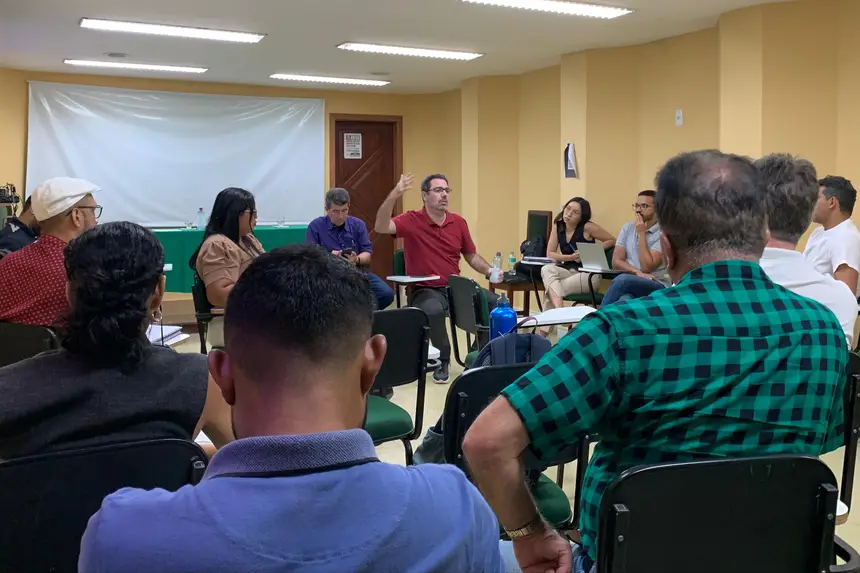
Project - The Pará Network of Regional Accounts and Bioeconomy was created in 2024 as a strategic initiative until 2027, aimed at measuring the bioeconomy in the State of Pará, as it is considered an essential sector for building a sustainable development model in the Amazon. The Network includes State Universities, which together gather researchers from different areas to analyze the economic and social relevance of the bioeconomy.
The central objective of the project is to understand the dimension and functioning of the Pará bioeconomy, observing its role as a supplier and demander of inputs, as well as its insertion in local and regional productive chains. The proposal also includes evaluating the effects of income generated by this sector, with an emphasis on its impacts on job creation, reducing inequalities, and promoting socioeconomic development in Amazonian communities.
According to Daniel Silva, a professor at Unifesspa, the research conducted since the beginning of the project shows that progress corresponds to 40%. In the next three months, part of the researchers from PPMAC will apply 500 questionnaires during field research in about 10 municipalities. "Within a project that lasts three years. This accelerated start clearly shows what our methodology is: to act quickly and organized to achieve concrete results,” highlighted Daniel Silva, Assistant Professor of the Economics course at Unifesspa.
With this proposal, the State Network of Bioeconomy seeks to provide qualified information that can support public policies and institutional strategies aimed at strengthening the bioeconomy, understood not only as an economic activity but also as a vector for environmental conservation and valuing local knowledge.


